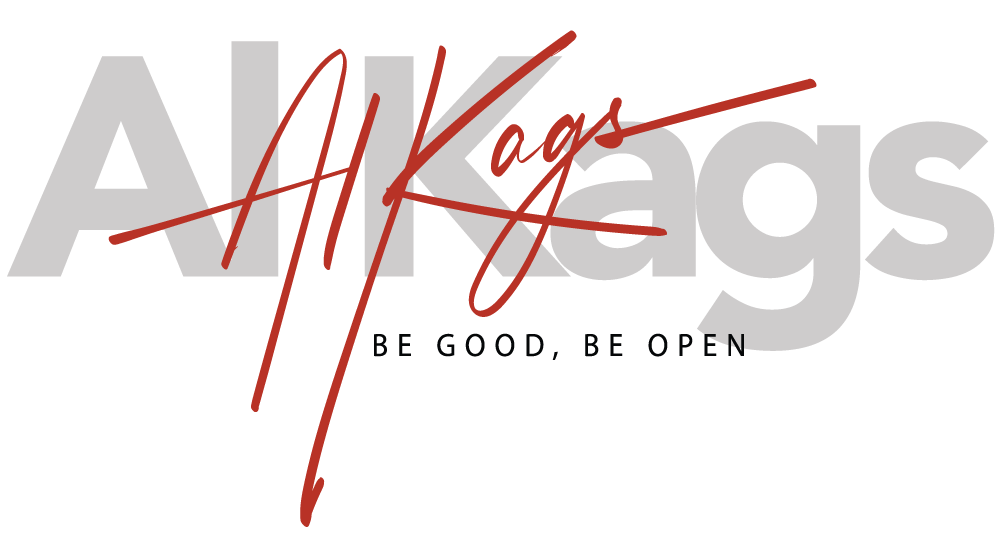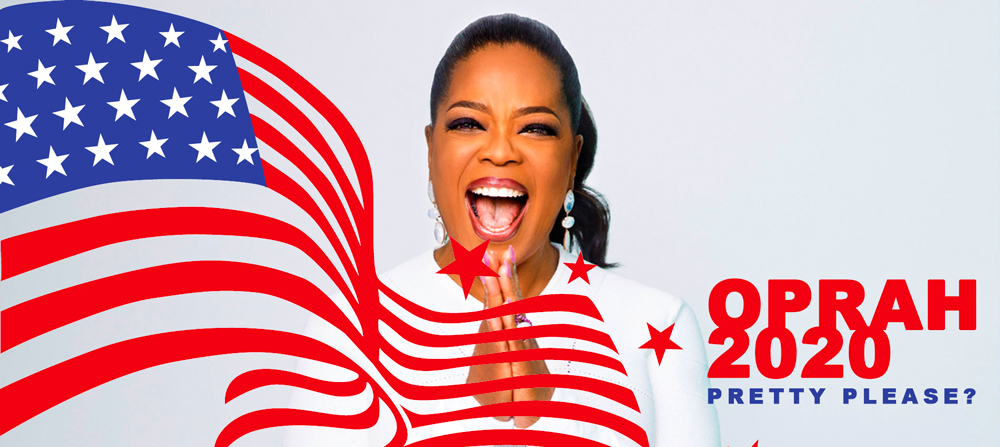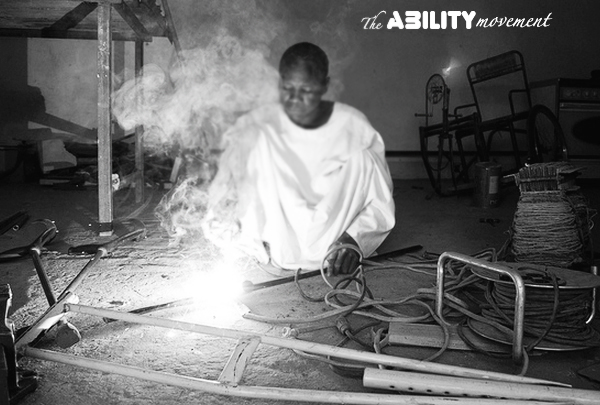I am sitting in at Ataturk Airport in Turkey on an eight-hour overlay. I am headed to Chisinau, Moldova (Its a small Eastern European country that used to be part of the USSR in the bad old days). Today, Moldova is trilblazing in many areas of development. Certainly, right now, its at the fore front of the Open Data expedition that many countries around the world are starting to embark on.
This week, I am attending the Open Data Innovation Week in Chisinau that will include another media bootcamp (you may recall that we held the first one in Nairobi in January). During this week, I shall also be joining the greater names in the Open Data space – Alex Howard (O’Reilly Media), Lisa Evans of the Guardian, some of the World Bank Open Data stars e.g. Sandra Muscoso, Oleg Petrov and Craig Hammer, and the African contingent there, including award winning journalist Justin Arenstein (if you think his name you’d better be thinking about the USD 1 Million African News Innovation Challenge prize money), Jay Bhalla of the Open Institute, David Lemayian (Also OI) and Mark de Blois of Upande. All these experts are coming together to participate in the Smart Government Summit on May 16.
I am supposed to make a presentation about Open Data and the lessons that we have learnt at KODI – specifically that open data is only part of a large ecosystem of life and development and social survival and growth…
As I started preparing my presentation, I kept getting distracted by a series of discussions that have been going on in the last two weeks about Generation Y (and the new upcoming generation Z). In this two weeks, she has opened up her show to these group of people born in the 80s and 90s, who are between 20 and 30 to talk about their point of view regarding life and it has been as enlightening as it is worrying.
In their calling the show (and I have begged Caroline for the MP3s of the show) their hopelessness, their disenfranchisement, their mass depression showed clearly. The revelations were shocking:
- They are really grown up for their age – they have analysed their parents lives and mistakes so well that they are jaded. When the average 25 year old thinks nothing of getting drunk seven days a week, wanton sex in the midst of constant raving parties – they know the root of the problem and recognise their actions as coping mechanisms. “I’d rather just go out all night, get totally drunk, do whatever I feel like and come home just to fall asleep and leave early in the morning for the next bout.”
- They are not planning too far ahead – too many 20 something year olds are dying and the reality of death is too close to them. “I have buried so many of my friends – and not just from careless driving and this sort of thing, but also from liver disease, cancer, rheumatic heart condition, high blood pressure, AIDS… I realise I could die anytime”
This and so much more came out in the two week series. It got me thinking: if the purpose for Open Data and strengthening government processes and structures is to enable citizens to participate in their everyday development, are we ready for this demographic that taps their feet waiting for food to warm on the microwave, that does not consider their lives 5 years from now? These young people who are so jaded by such concepts as love and morality (whatever that means)?
If that is the evolving citizen, what then must we do? This is what I am thinking of talking about in my presentation.
Meanwhile, I want it on record: I LOVE THE NEW COCA-COLA AD for Africa.
Wish me luck.



